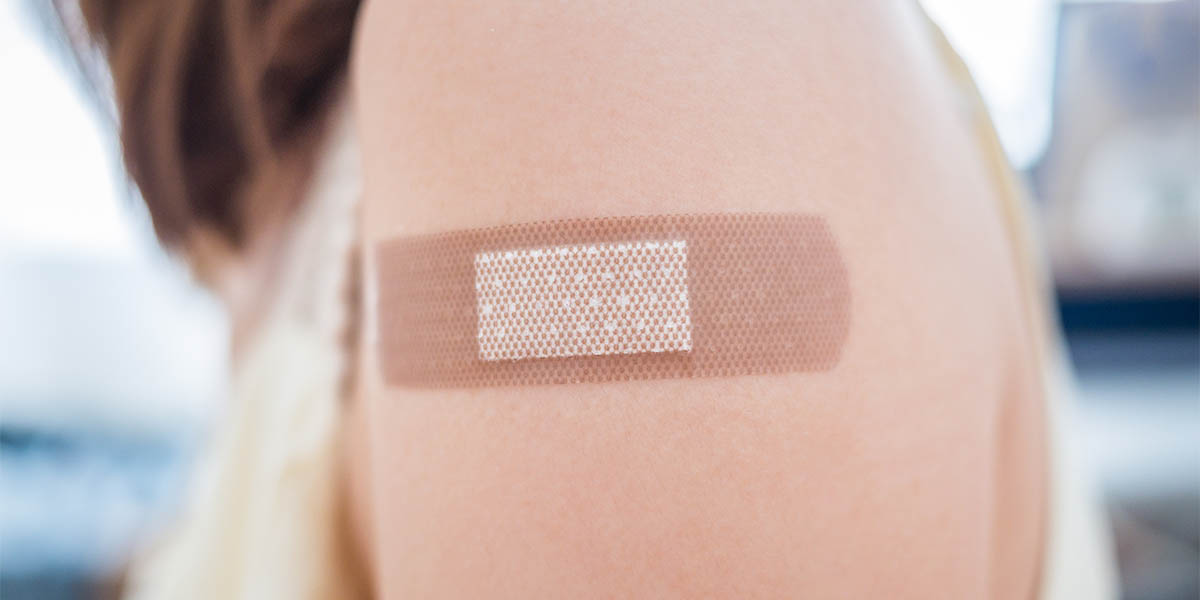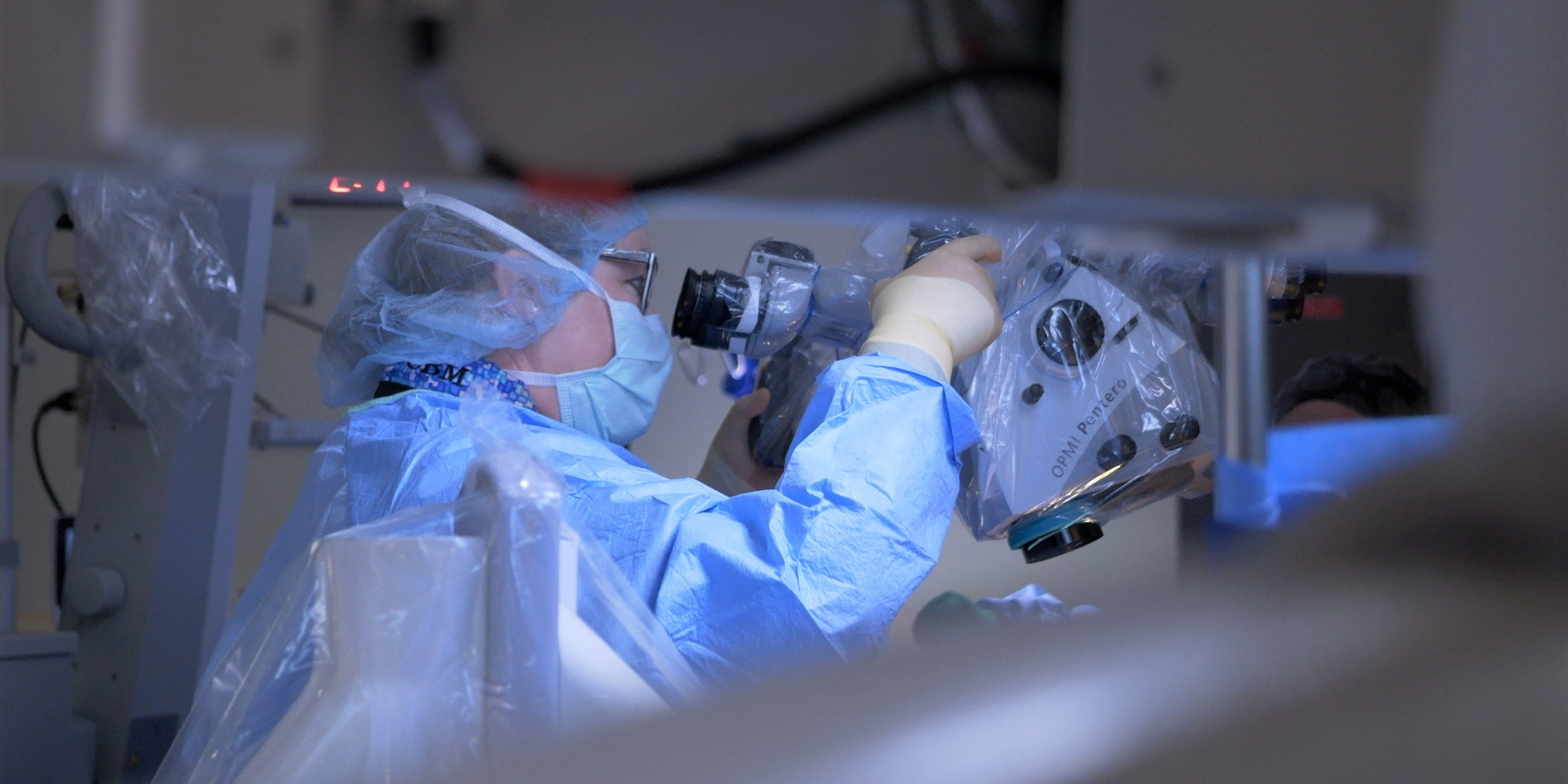
There is no shame in cancer prevention
Did you know that a vaccine exists today that can prevent six specific types of cancer from ever happening? That's right; the American Cancer Society recommends the HPV vaccine for all girls and boys, between 11 and 12, to protect them from ever developing any of the cancers caused by the HPV virus.
However, many parents are still conflicted about giving their preteen children the HPV vaccine. One might think that parents who believe in vaccinating their children against other diseases, like measles or polio, would jump at the chance to vaccinate their sons and daughters against HPV. So what seems to be the problem?
HPV is the most common sexually transmitted infection in the US today, according to the Centers for Disease Control and Prevention (CDC). HPV infections are so common that nearly all men and women will get at least one type of HPV at some point in their lives, according to the CDC.
While these statistics may seem alarming, most people with HPV never develop symptoms or have any problems, and the virus goes away on its own in a couple of years. But sometimes HPV infections will persist and cause very serious, often disfiguring and sometimes deadly, health issues such as genital warts, cervical cancer, oropharyngeal cancer (throat cancer), anal cancer, vulvar and vaginal cancer and penile cancer.
Because the vaccine needs to be administered to children before sexual activity starts and it protects them from a virus that is ‘sexually transmitted,' most parents baulk at the thought. They are not prepared to think about their preteen child ever being sexually active. The preteen, or ‘tween,' years can be quite challenging, and there are plenty of new things for parents to stress over without having to think about ….that! Although millions of doses of HPV vaccines have been safely administered in the past 10 years, some parents still fear what may happen if their child gets the vaccine.
Perhaps they should fear what may happen if they don't.
Facts everyone should know about HPV:
You can become infected with HPV without having sex.
Transmission of HPV can happen through intimate skin-to-skin contact. Specifically, HPV can be spread by oral-genital and hand-genital transmission. The results of one clinical study showed that HPV was detected in 46 percent of females prior to their first vaginal sexual encounter. Based on this information, it is easy to see how a person could become infected with HPV without having vaginal or anal sex, even on their first intimate encounter. Therefore, people who plan to remain abstinent until they get married can still become infected with HPV.
A person who only has one sex partner in their entire life can get HPV.
Just because HPV is transmitted sexually doesn't mean that it only affects the sexually promiscuous. Even virgins can get HPV. And when 80 percent or more of the population gets it, it is normal. Unfortunately, it is now a part of everyday life, like the staph on our skin or cold sores. Very few people can say “my child won't get HPV” and mean it. Almost everybody gets HPV.
Most people do not know they are infected because an HPV infection typically comes and goes without any symptoms.
In about 90 percent of cases, an HPV infection will go away on its own in about a year or two without the person ever developing symptoms. However, during that time, those infected with HPV are often unknowingly spreading the infection to others. As many as 10 percent of those infected with HPV will eventually develop cancer. Cancers caused by HPV usually do not have symptoms until they are quite advanced, very serious, and hard to treat. Additionally, most people do not develop symptoms until many years after first being infected, so it's especially difficult to ever know when a person was actually exposed to the virus.
HPV shots do not make kids promiscuous.
Two large-scale studies revealed no correlation at all between the HPV vaccine and sexual behavior. However, parents can use this opportunity to discuss with their children the importance of making healthy choices in their lives. Discussing the HPV vaccine could also be an opportunity to open dialogue about other sexually transmitted diseases that cannot be prevented or cured.
Almost every state, including South Carolina, requires the Tdap (tetanus, diphtheria, and acellular pertussis) vaccine before a child can enter into middle school. This would be the perfect time for parents to discuss the HPV vaccine with their child's doctor.
Wouldn't it be wonderful if parents today could actually reduce the burden of cancer for the next generation? Vaccinating our children against HPV is a great place to start.
For more information about the HPV vaccine talk to your child's doctor or visit one of our pediatrics offices.












